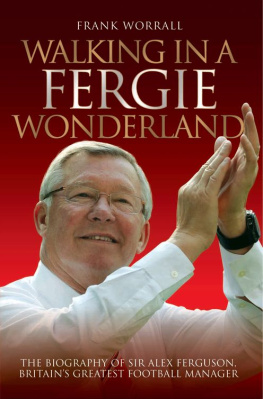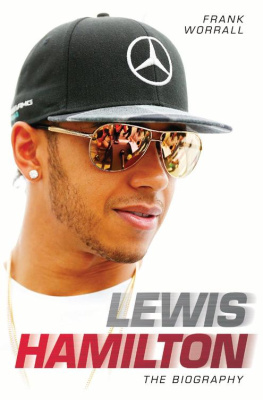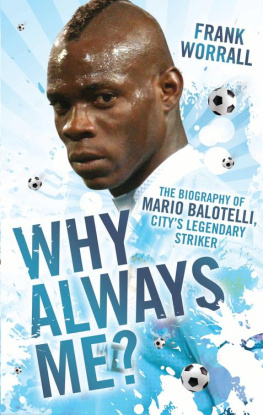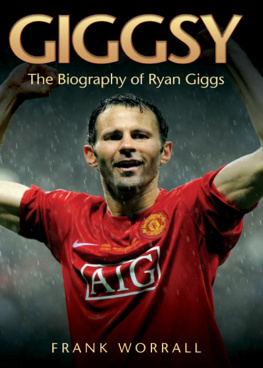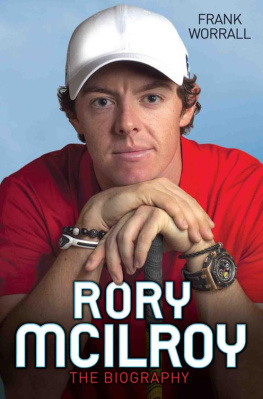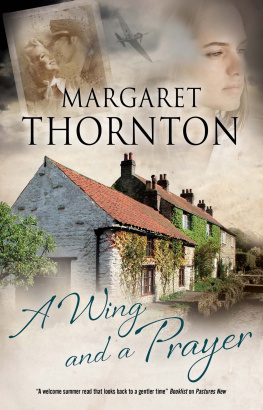Special thanks: John Blake, Allie Collins and all at John Blake Publishing, Sir Alex Ferguson, Eric Cantona, Roy Keane, Wayne Rooney and my friends at Manchester United, Andy Bucklow, the Mail on Sunday, Alan Feltham and the boys on the Sun, Alex Butler, the SundayTimes and Carole Theobald.
Thanks: Tim Smith, Derek Whitfield, Colin Forshaw, John Fitzpatrick, Russell Forgham, Ian Rondeau, David Michael, Adrian Baker, Danny Bottono, Dave Morgan, Darren ODriscoll, Natasha Harding, Howard Cooper, Steven Gordon, David and Nicki Burgess, Meg Graham, Pravina Patel, Martin Creasy, Lee Hassall, Bruce Waddell, the Daily Record, Rosalind Hoskinson, Milo Steelefox and Fernando Duarte.
And not forgetting: Angela, Frankie Lennon, Jude Cantona, Natalie, Barbara, Frank, Bob and Stephen, Gill, Lucy, Alex, Suzanne, Michael and William.
ID NEVER BEEN AFRAID OF ANYONE BUT FERGUSON WAS A FRIGHTENING BASTARD FROM THE START.
Bobby McCulley, East Stirlingshire forward, June 1974
W hen Alex Ferguson arrived at Old Trafford in November 1986, he was largely unknown to fans of English football. In itself that is quite remarkable, given the way he had turned the Scottish game on its head by transforming Aberdeen into the No. 1 side at the expense of the Old Firm, Celtic and Rangers. But just as stunning is the way he worked his way from humble beginnings in Govan, Glasgow, to the very top of world football to become arguably the greatest manager ever.
There must be something special in the air up on the banks of the Clyde and in the coalmines of Lanarkshire something that provides an inherent set of necessary traits, psyche and character for certain of its sons to become world-class football managers. Sir Alex is one of a breed steeped in the proud ideals and culture of the region that would also produce fellow legends Sir Matt Busby and Jock Stein.
Alexander Chapman Ferguson was born in Govan on 31 December 1941 to a Protestant, working-class family. He remembers his childhood as a happy one, a warm one, and says he felt secure, even though life on the edge of southwest Glasgows rough-and-tumble shipyards could be exacting and challenging at times. He was to admit, there was never a shade of menace over my boyhood.
Fergie was named after his father, Alexander Beaton Ferguson, a shipyard worker. Young Alexs brother Martin would also turn to the shipyard for work indeed, he was to work with their father at the Fairfield yard. Years later, Sir Alex would pay tribute to them both by naming his luxury home in Wilmslow, Cheshire, after the yard in which they toiled Fairfields. His mother Elizabeth had given birth to him at his grandmother Janets home in Shieldhall Road, Govan, just yards from the River Clyde but he was to grow up in a tenement at 667 Govan Road (which has since been demolished), where he lived with his parents as well as Martin, who was born almost a year after him.
Money was tight and the brothers shared a bedroom but Alex had a sunny, optimistic outlook on life. He was a bright boy and attended Broomloan Road Primary School and later Govan High School although he initially failed the qualifying exam for the secondary school after a period of ill health. At the age of 16 he knew he wanted to be a professional footballer. He was football mad and had been since he first kicked a ball as a toddler. While his father Alex senior supported Celtic, both Alex junior and Martin were Rangers-crazy and Alexs ambition, as he grew up in Govan, was one day to play for the Ibrox giants.
Fergie explained his childhood obsession in this way: It was only football, football, football. That was it. My house [in Govan] was one up from the back court and there were clothes poles on either side and it was all walled-in, so you could play there all the time. It was an absolute football arena housewives wouldnt hang the washing on clotheslines; it was too dangerous boys were playing football all the time. It was fantastic. The competitions were going on all summer. Boys were coming from all over Govan to play. Football was a release, it was what you loved, it was your enjoyment.
Yet while his dream was to play for Rangers and he would do everything in his power to achieve that ambition he knew that he had to be realistic, too. He needed a job that he could fit his football around, one that would also provide a trade, so he became a toolmaking apprentice, even though he was convinced he had what it took to become a professional footballer. The job would one day provide him with an opportunity to show off his leadership qualities instinctively, a proud, working-class man, he became interested in union activities while working in the Clyde shipyards. One day, as a shop steward, he would lead an unofficial walk-out over a pay dispute.
But football remained his main love. Of course, he had played his way up from youth teams to schoolboy level and local amateur outfits, but his career as a player began in earnest at the age of 17, with Queens Park in 1958. He stayed there two years fitting his toolmaking work around the football and scored 20 goals in his 31 games, but he could not hold down a regular place in the side and moved to St Johnstone in 1960.
A bustling centre-forward, he would spend four years at McDiarmid Park before finally turning professional and joining Dunfermline in 1964. The highlight of his spell at St Johnstone had, ironically, come when he was called on to play against Rangers and duly grabbed a hat-trick. It was the first time St Johnstone had ever won at Ibrox and it was the first time a player had scored a hat-trick against Rangers at their home fortress.
Fergie amassed a total of 19 goals in 37 games for Saints and easily bettered that with 66 in 89 at Dunfermline. Yet in the 64/65 season he was to experience the lows that invariably walk side by side with those joyous highs when he was dropped for the 1965 Scottish Cup final an hour before the game.
Willie Cunningham explained it was because of a poor performance in a league game against St Johnstone but Fergie was incandescent with rage and screamed You bastard! at the Dunfermline boss. Eventually, Dunfermline lost the final 3-2 to Celtic and then failed to win the League by one point.
The following season (65/66), Fergie hit 45 goals in 51 games for Dunfermline a feat that would earn him the accolade of joint top scorer in the Scottish League with Celtics Joe McBride. Thirty-one of the 45 goals had come in the League. It was an astonishing goal record at a club not viewed as big-timers and it would certainly have played a major part in bringing the big mans lifetime dream to fruition.
Yes, almost 10 years after he had set out on the trail to the top with Queens Park, he eventually arrived there with his beloved Rangers. In 1967, the Ibrox outfit splashed out a fee of 65,000 for his signature at the time a record between Scottish clubs.
But what should have been a joyful peak as a player ended with an acrimonious split after he was fingered for his teams 4-0 thrashing by Celtic in the 1969 Scottish Cup final. Fergie was blamed for one of the goals and forced to play for the clubs junior side instead of the first team. According to his brother, Fergie was so upset by the experience that he threw his runners-up medal away. There were claims that he left Ibrox over racial discrimination because he married Cathy, a Catholic, but in his autobiography,

